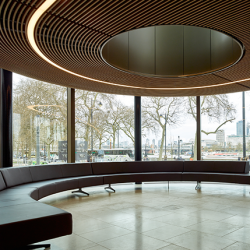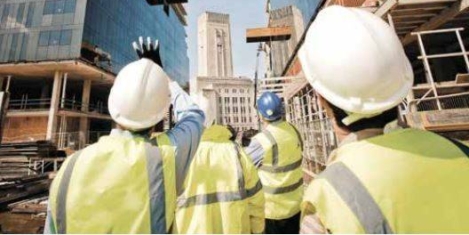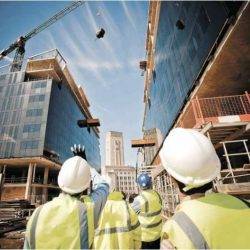March 9, 2018
Women working in construction sector three times more likely to miss out on promotion

The built environment still has some way to go to achieve gender parity a new report suggests, as women in construction are paid up to 45 percent less than men and are three times more likely to miss out on promotion than men due to perceived gender discrimination. According to the survey by Randstad of more than 5,500 construction workers and 540 employers across all job functions and levels – 75 percent of those passed over for a more senior role were women compared to 25 percent men. The findings suggests women in the industry typically are not being given the same opportunities to progress as their male counterparts even though almost every respondent (93 percent) said having a female manager either wouldn’t affect their way of working or would in fact have a positive impact. (more…)





























January 11, 2018
Culture shift needed to drive a better gender balance in property and construction
by Niki Fuchs • Comment, Property
(more…)